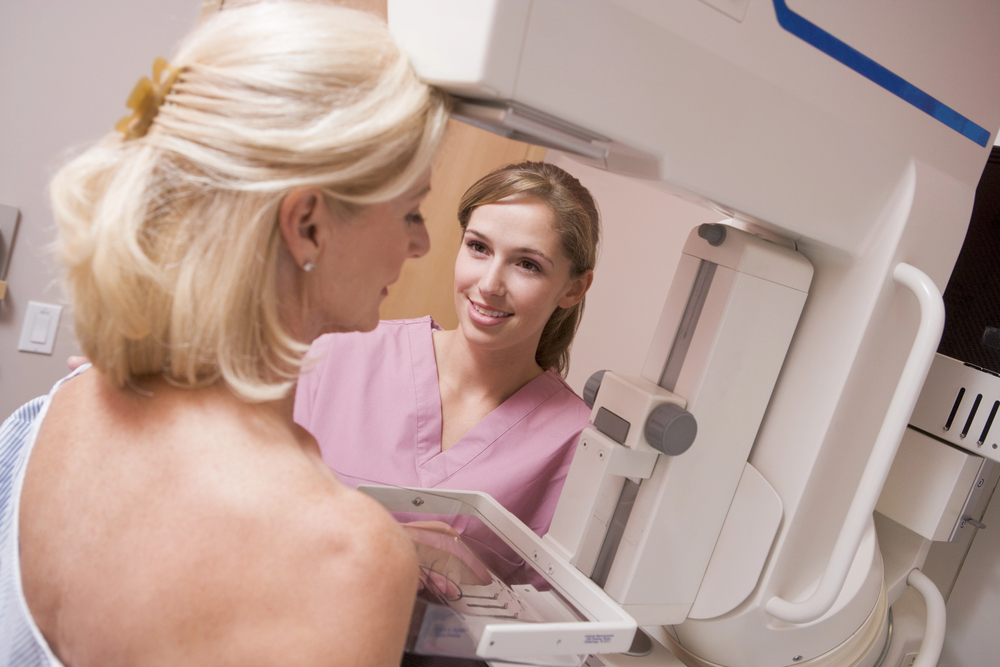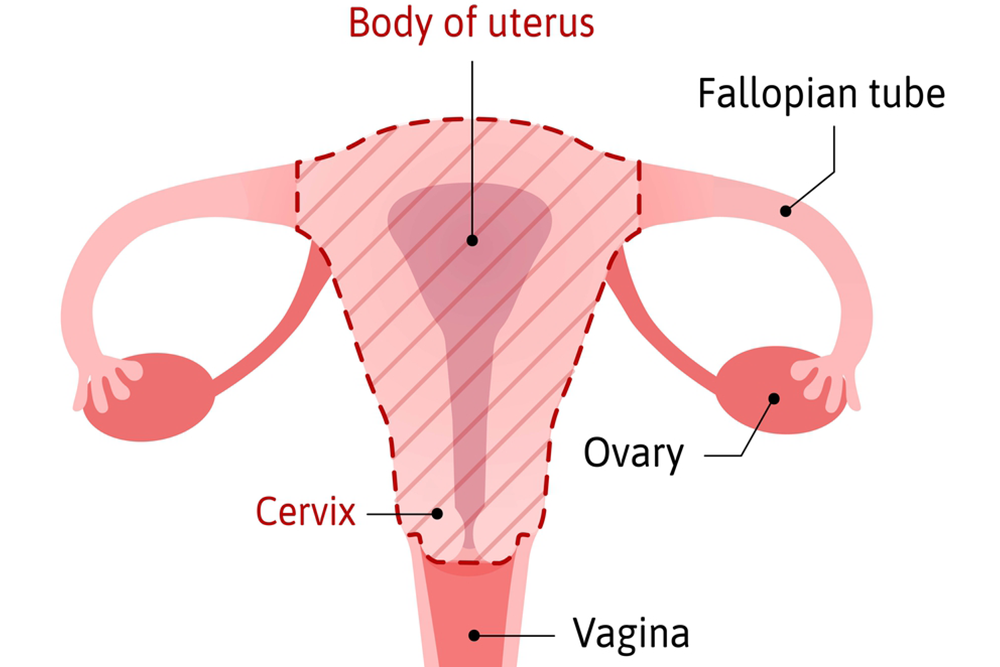
Understanding Your Mammogram Results
Interpreting mammogram results can be an emotional and confusing process for many women. These results...
Read MorePolycystic ovary syndrome (PCOS) affects about 5 million American women. It’s a hormone disorder that causes irregular menstrual cycles, physical changes, and in many cases, infertility.
Although PCOS is very common, the causes behind it are still relatively unknown. It affects women of all ages, and it’s most commonly diagnosed in 20- to 40-year-olds who find that they’re having trouble getting pregnant.
Our gynecology team at The Women’s Center partners with women to help them achieve their best health. Regardless of whether you’re currently trying for a baby, take a few moments to find out if you could be at risk for PCOS.
It’s not clear exactly what causes PCOS. Medical experts believe genetic and environmental factors play a role, but any woman can have PCOS in her reproductive years. The risk factors for PCOS include:
Androgen and insulin are hormones, which are chemical messengers that control different functions in your body. Having high androgen levels, insulin levels, or both could increase your risk of developing PCOS.
Androgens control male characteristics, like body hair growth. High androgen levels can prevent ovulation during your menstrual cycle and contribute to other symptoms of PCOS, like body and facial hair growth, acne, and male-pattern baldness.
Insulin controls the way the food you eat is converted to energy, and it influences metabolism and body weight. High insulin levels increase your risk of PCOS and insulin resistance, a condition that changes the way your body responds to insulin.
PCOS may run in families. That means if your grandmother, mother, sister, or other female relative has been diagnosed with PCOS, you could be more likely to have it too.
Hormone imbalance and other genetic factors that influence PCOS can be passed from one generation to another, although these links aren’t well-understood. Women with a family history of Type 2 diabetes may also be at increased risk for PCOS.
Lifestyle factors alone don’t cause PCOS, but they can work with genetic and environmental factors to increase your risk. These factors may include:
If you have genetic and environmental risk factors for PCOS, these lifestyle habits contribute to your risk for PCOS. If you’re diagnosed with PCOS, these factors can worsen your symptoms and related complications.
At The Women’s Center, our team specializes in diagnosing and managing PCOS. We start by reviewing your medical history and menstrual cycle history, coupled with a physical exam. We may order a pelvic exam, ultrasound, or blood test to confirm your diagnosis.
There’s no cure for PCOS, but there are a lot of things you can do to manage your symptoms and improve your fertility if you’re trying to get pregnant.
Medications to regulate ovulation can be helpful to increase your chances of getting pregnant. If you don’t want to have a baby right now, hormonal birth control can balance hormones and regulate your menstrual cycles.
Lifestyle changes can also make a difference for PCOS symptoms. Eating a healthy diet and getting regular exercise can help you reach or maintain a healthy weight, which may reduce the severity of your PCOS symptoms and allow your medication to work better.
Do you think you might have PCOS? Schedule a comprehensive consultation at The Women’s Center. Call the Orlando, Florida, area office nearest you or request your first appointment online now.




Interpreting mammogram results can be an emotional and confusing process for many women. These results...
Read More
Hysterectomy, a surgical procedure involving the removal of the uterus, is often considered a last...
Read More
Menopause marks a significant transition in a woman's life, bringing about various changes that can...
Read More